Recently retired after three decades as a career diplomat twenty of those years serving overseas, I continue to be awed by how enormously blessed the United States is by almost every conceivable measure—and concerned by how easy it would be to throw it all away.

In the chapter on the United States of his excellent book Prisoners of Geography – Ten Maps that Explain the World, the British journalist Tim Marshall comes right out and says it. “If you won the lottery and were looking for a country to live in, the first one the real estate agent would show you would be the United States of America.” Marshall goes on to describe the countless geographic advantages of the United States, from the fabulously fertile soil, abundant waterways, and superb transport links to its being unified into one federal state across a vast continent country, buffered from—and connected to—the world by two immense oceans in an otherwise almost unimaginably agreeable neighborhood. And that’s just for starters.
Nowhere else even comes close. Consider China’s grueling geography, Russia’s difficult neighborhood, North Korea’s precarious positioning, or Iran’s alienation from its neighbors—our four top strategic competitors as identified in the current US National Security Strategy—and the choice is simple. I’ll take what we have. Ask the tens of thousands of people from all over the world clamoring to come to our country, many having braved unimaginable dangers and distances to do so, why they’re not staying put or going elsewhere. The vote speaks for itself.
*****
There’s nothing like a road trip to bring geography to life. I had driven across the United States twice before with my family at different stages of my diplomatic career, and found the experience helped put the place I formally represented into useful perspective. This time I wanted to do the drive for more personal reasons, to renew my appreciation for the expansive North American landscape, to become reacquainted with its grandness, its diversity, and its beauty again. I took almost two weeks to drive first from East Coast to West. Then, two months later, I took a little less than a fortnight to drive back on a different route in the other direction.
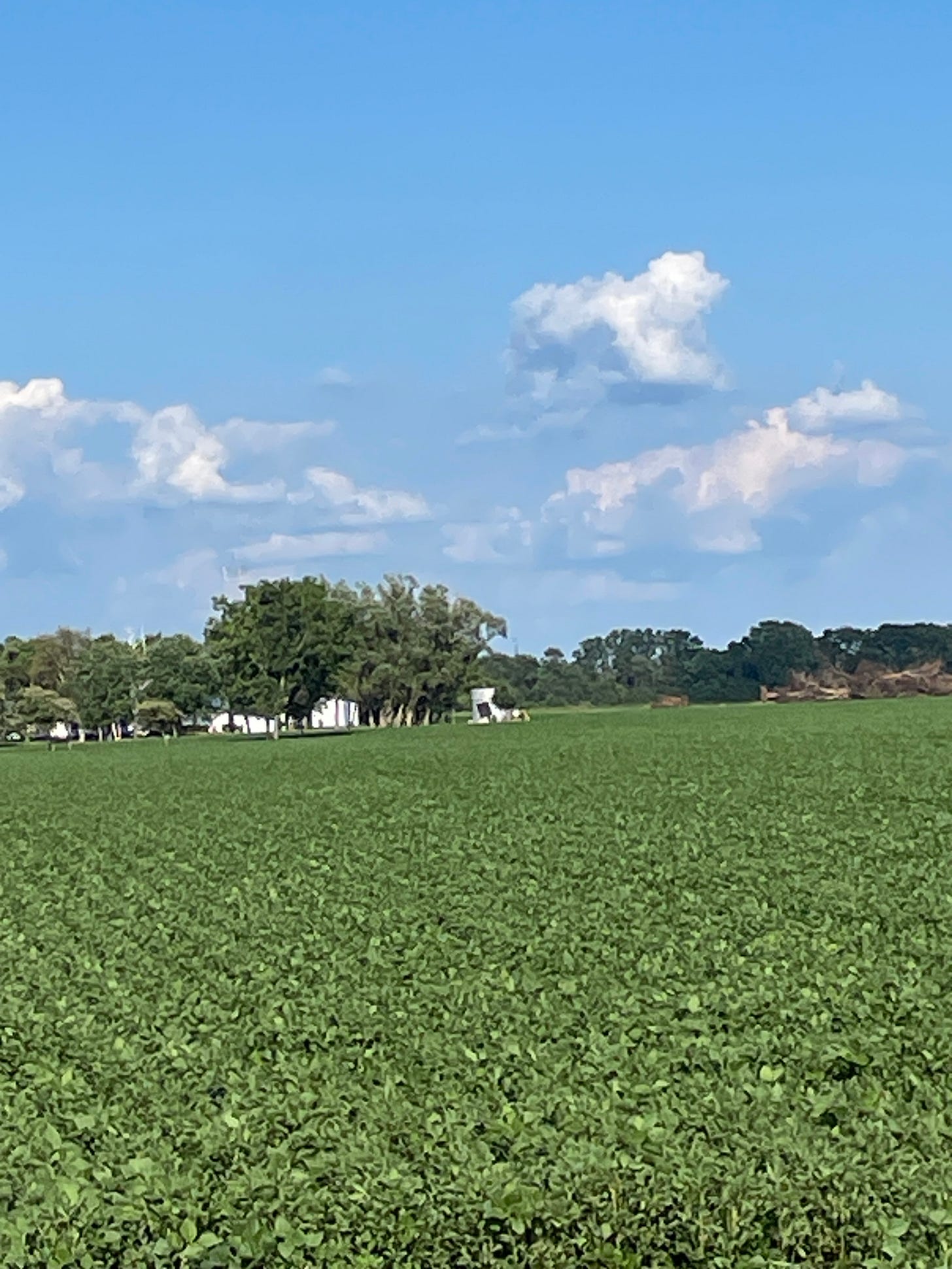
Right out of the gates from where I live in the DC suburbs, I came into contact with the lush farmland of rural Maryland, Pennsylvania, Ohio, and Indiana. Quickly thereafter I encountered the rich abundance of the Mississippi river basin in Illinois and Iowa – which “has more miles of navigable river than the rest of the world combined,” as Marshall puts it. Three days into my drive, it struck me I had driven three straight days through what had to be among the most extensive unbroken fertile farmland in the world, crisscrossed by more rivers than I could remember. Not even the Argentine Pampas compared. But there was more to come.
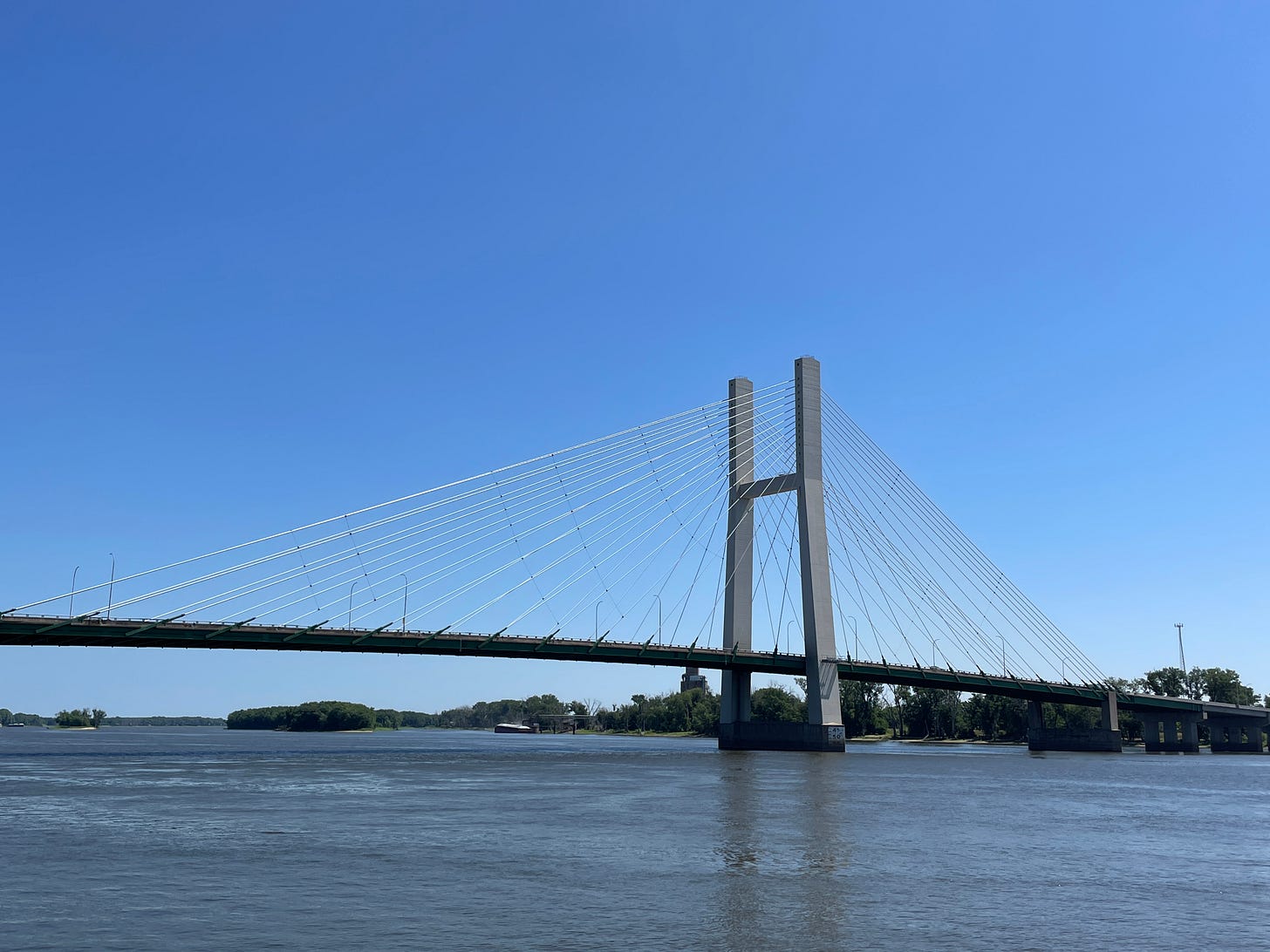
Because then came the great rolling livestock pasture lands of Nebraska and Wyoming, the spectacular mountains and salt flats of Northern Utah, the dramatic basin and range landscape of Central Nevada. And, finally, the Eureka territory of my home state of California, which (as Texans know) might as well stand alone as its own separate superpower in economic, political, cultural, and geographic terms. Unbelievable. We have what amounts to a built in geographic dream team.
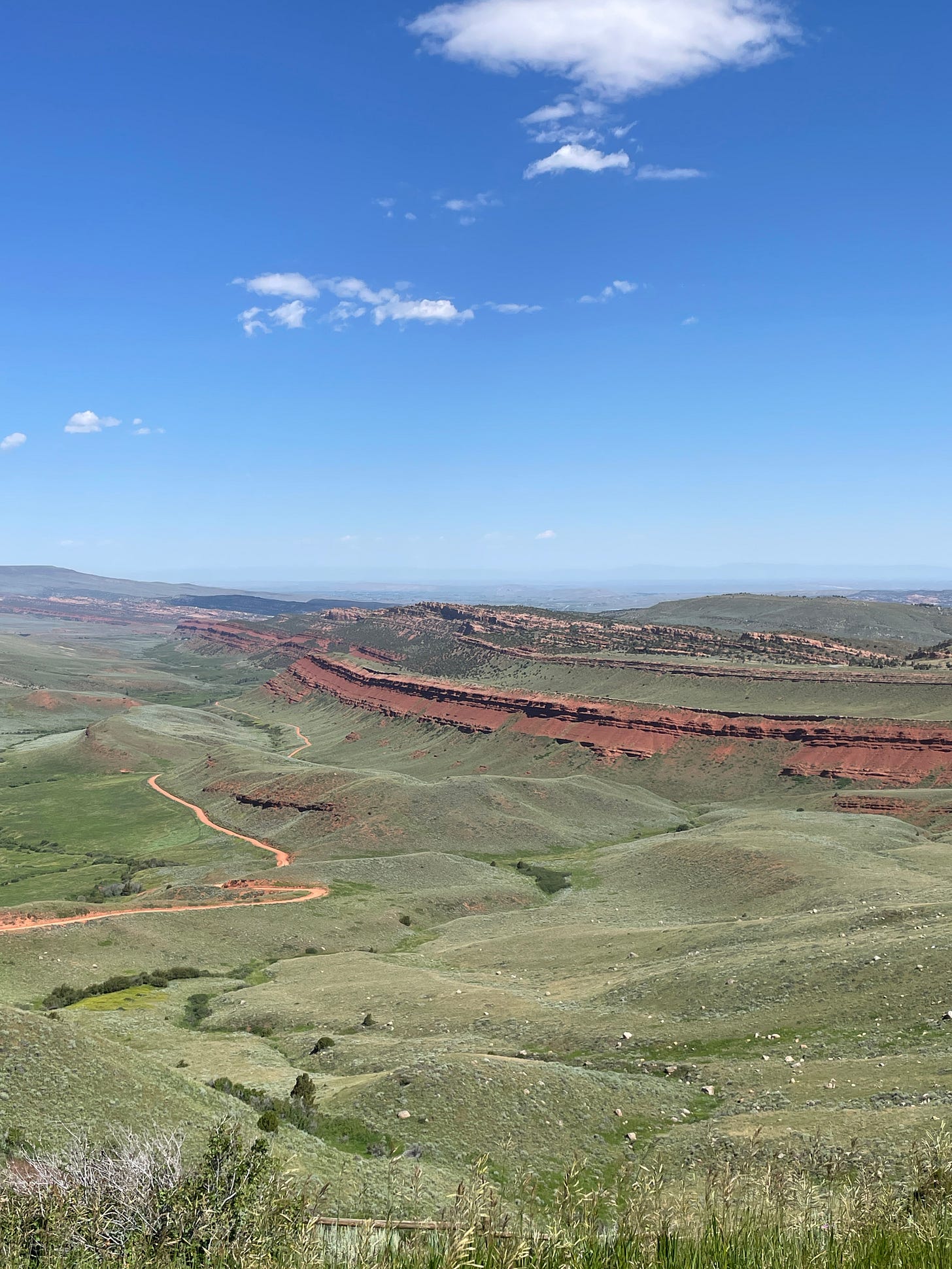
During a subsequent visit to Europe, my nationalistic enthusiasm got the best of me. With memories of my fabulous cross-continent road trips still fresh, I told a French cousin in Paris that the United States was the “most beautiful country in the world.” Beholding her look of skeptical defiance, I realized I had misspoken. Other countries (including, of course, France) have quite stunningly beautiful landscapes, equal to those of the United States in that narrow sense. What I had meant to say was that no country that I myself know—or know of—even comes close to having the awesome breadth of natural advantages that the United States does. Nor does any country have the same dearth of obvious geographic drawbacks: hostile neighbors, limited ocean access, paltry natural resources, unnavigable internal terrain etc. Not Germany or France, not Peru or Brazil, not Japan or Indonesia, not Morocco or Nigeria, and certainly not—to go decisively in another direction—Ukraine, Israel, or Taiwan.
Detractors are welcome to disagree, but I can think of none. Not one.
*****
Our near endless list of advantages goes beyond unmatched geography to include almost every category or sector that matters in the modern world: capable, practical, enterprising people, top universities, economic dynamism, technology innovation, energy development, financial sophistication, hard and soft power, strategic alliances and partnerships, family ties and friendships linking us with the entire world. You name it.
We have long had reason to be proud of our political organization, too. Our boisterous democratic republic represented the most critical advantage of all our great arsenal: the checks and balances, the federal system, the free press, the dense tapestry of community organizations and the culture of intensive citizen engagement. The list goes on and on... However deeply flawed it might be, ours was a pretty good system, especially when compared to the available others. Especially that.
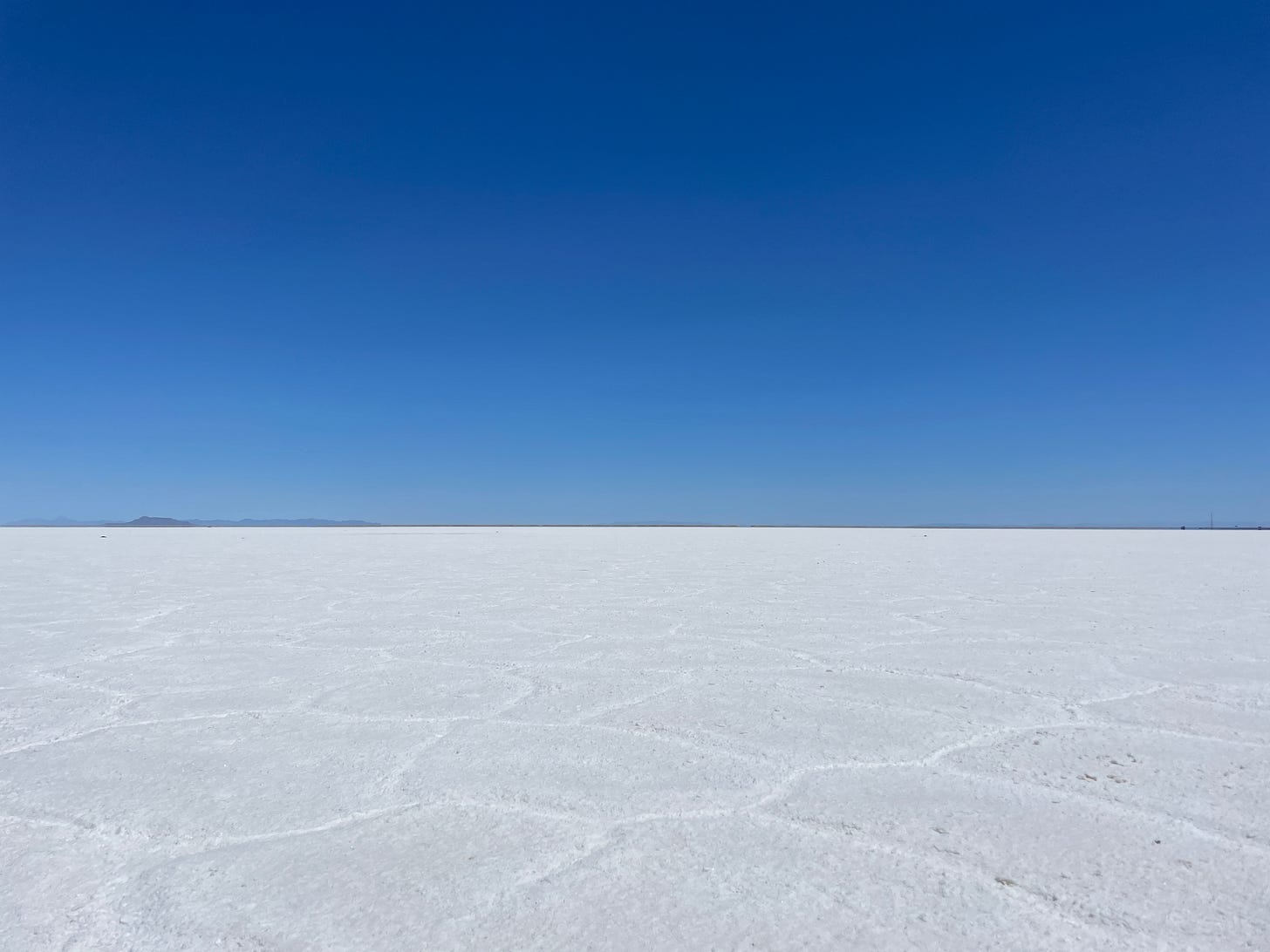
On that note, while it sounds strange to have to say so, I remain skeptical of the supposed benefits of strongman rule. Putin’s or Xi Jin Ping’s or even Victor Orban’s enviable power to cut through the crap and do things that need doing without being distracted by silly details such as dissent. What?! While things might look placid and calm on the surface, Potemkin consensus is dangerous. A laser-like focus, controlled from the top, can easily lock in on the wrong target. Valuable points of view and ideas get blocked, dissidents locked up, and truth and lies blended into a baffling sewage slop. (That latter problem can sneak up on you, it seems.) Unseen pressure builds. Problems fester. Things grow quietly worse.
By contrast, public disagreement, open debate, the messy horse trading of democratic politics, even the expression of seemingly stupid ideas (up to a first amendment/public safety/outright ridiculousness point), however unbeautiful to behold at times, have clear and present benefits. If something is wrong, shine a light on it. If it’s broken, fix it. If there’s a better way of doing it, let’s try. Once we’d exhausted all other options, as Churchill allegedly quipped, Americans would always get around to doing the right thing.
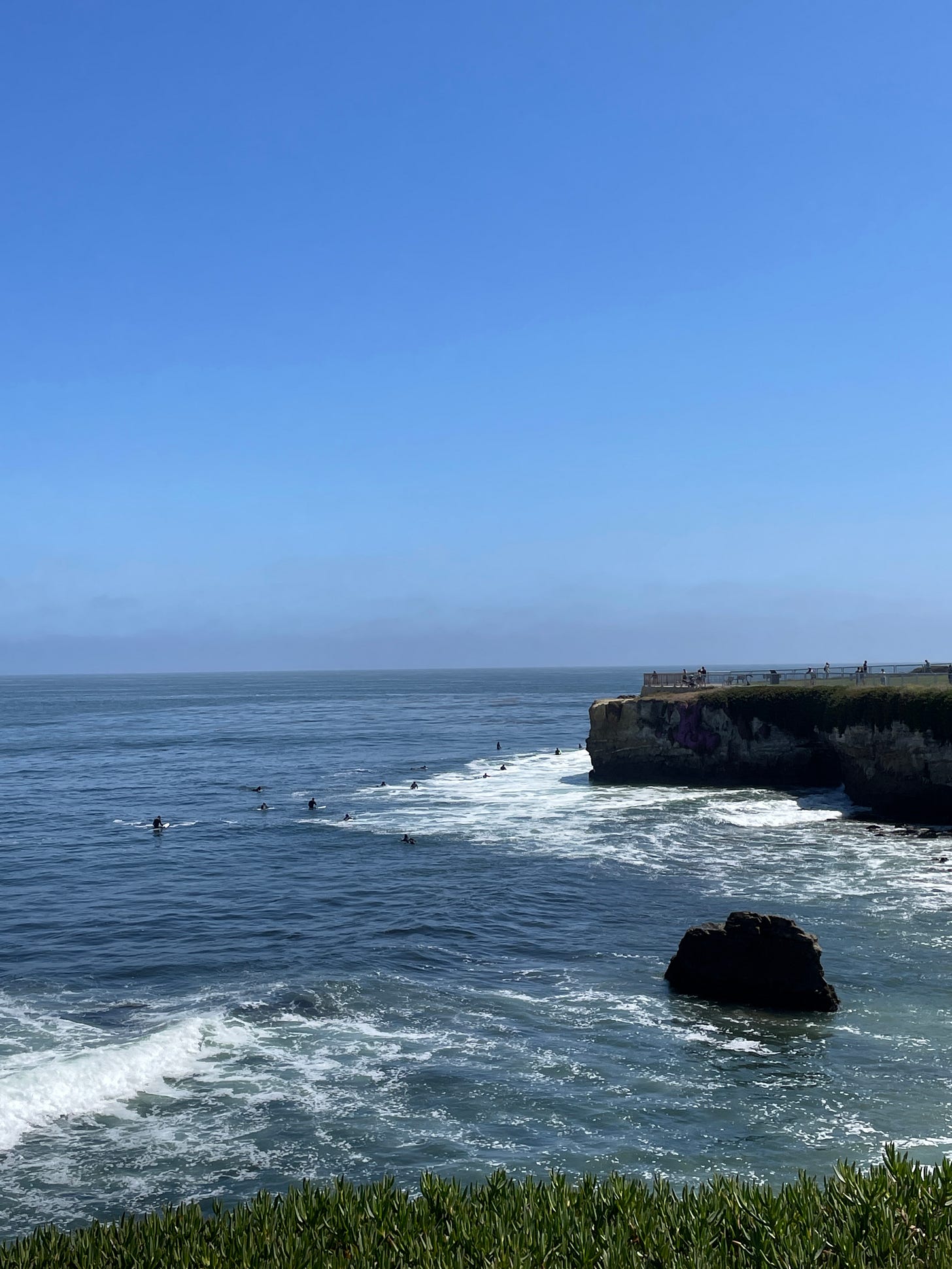
But these days I find myself wondering whether it is possible, strategically speaking, to have too much of a good thing. With America’s overwhelming advantages giving us so much room for error, we are shielded from the costs of our decisions and actions in ways that less privileged places (take your pick) with narrower margins are not. Lulled into a false sense of invulnerability, we cannot imagine losing it all. Seeing what I’ve seen elsewhere and knowing what I believe I know (which may not be much but perhaps just enough), I fear we can’t get away with such a failure of imagination forever. Our advantages, even the geographic ones, are not carved in stone.
******
While still in active service, I remember thinking that diplomats posted abroad enjoyed a perspective akin to that of astronauts, if on a somewhat lest exalted, strictly terrestrial scale. We see our home country from outside, as a separate, faraway and (for the most part) comparatively hospitable place. While the acuteness of the memory is fading for me now, I still recall how nonsensical some of our pitched political battles felt from afar. How manufactured they seemed. (By whom?) How artificial they were. (To what end?) How totally ungrounded in comparative reality they appeared to be. (Why?) Frankly, I sometimes feel the same way now. Because ours are largely rich country problems—not exactly do or die, life or death, existential stuff. So why do we pretend that they are? Do the Koch brothers et al really think their lives and the future of the Republic are on the line if they don’t get the additional tax cut?
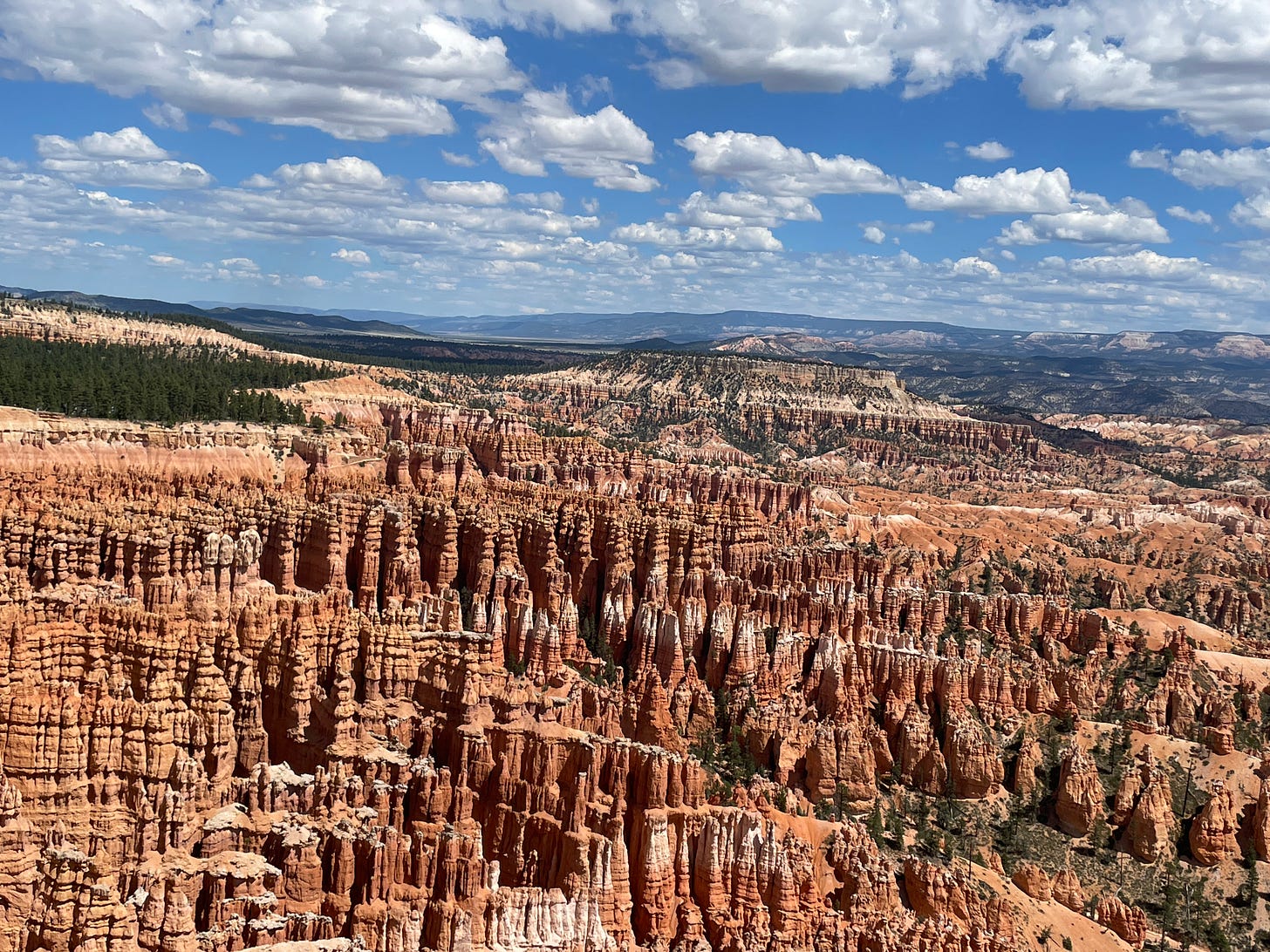
The United States is nothing if not a great middle class nation. So what happens when that middle goes missing? What happens when the extremes on both sides dig themselves ever deeper into the trenches of an ever more shrill and pointless doctrinaire dialogue of the deaf? Seeing what I’ve seen and knowing what I know (and I know here I’m not alone), I believe we need to move mountains if necessary to rebuild, reclaim, and restore our vast missing middle. The time for this critical, all- hands-on-deck national project is now. American greatness, not to mention political stability, has always found its mooring and ballast in the vast common sense, enormous decency, and relentless pragmatism of America’s middle class—long our greatest national advantage of all.



Excellent piece Alexis. It’s so easy to forget how good we have it.